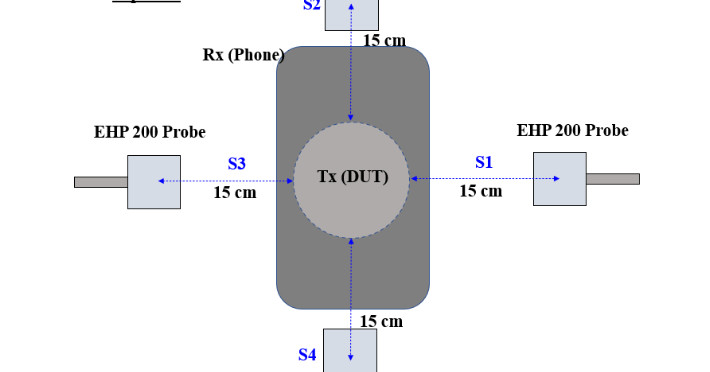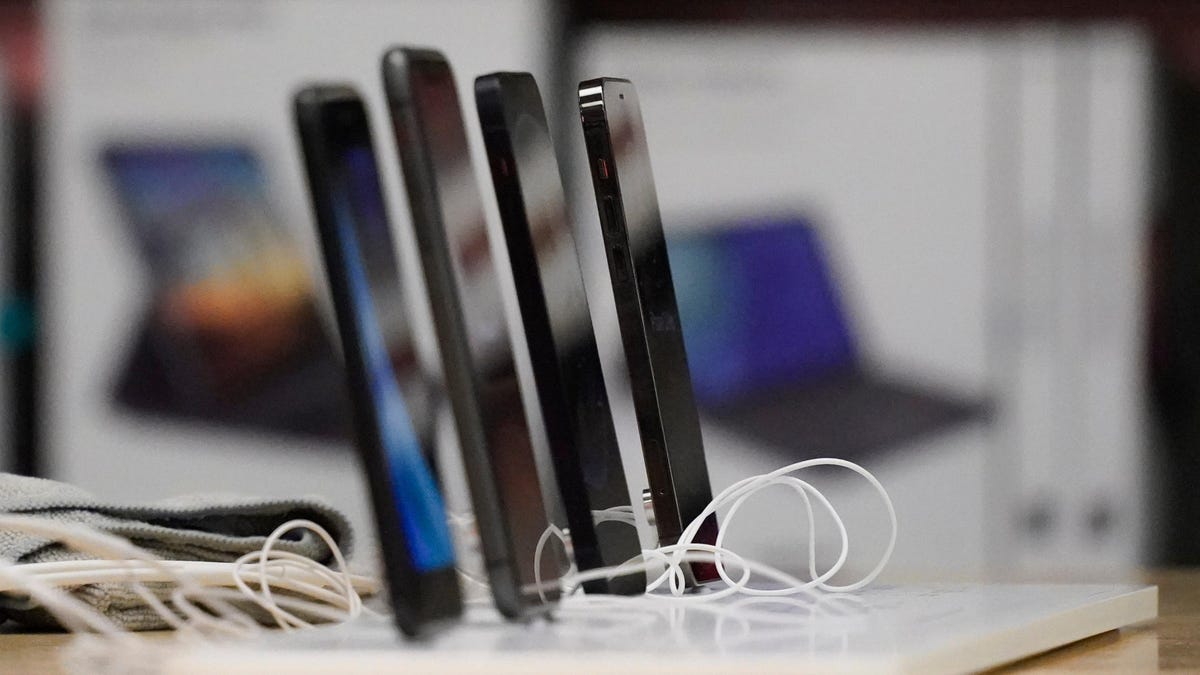Apple could have a new version of its iPhone MagSafe charging puck on the way. A new FCC listing for a “Magnetic Charger” first spotted by blogger Dave Zatz shows an accessory with a new model name (A2548) that looks otherwise identical to Apple’s existing charger (A2140). The new charger has been tested with a variety of devices including four marked as “New Phone,” which almost certainly correspond to Apple’s anticipated iPhone 13 models.
There aren’t too many hints about what’s new in the official FCC documents. 9to5Mac notes that it’s been tested with all four existing iPhone 12 models (marked as “Legacy Phone”) as well as the four unannounced devices, which suggests this new MagSafe charger should be compatible with both generations. And there’s also a diagram showing the puck being used to charge a pair of AirPods. That’s something the existing MagSafe charger can technically already do, although it won’t magnetically attach to the AirPods case like it will with the latest iPhones.
So what’s new? Well, previous rumors have suggested that this year’s iPhones could have stronger magnets built into their backs, which could perhaps benefit from a tweaked MagSafe charger design. There’s also been talk of a larger wireless charging coil, and speculation that this could allow for higher wattages and hence faster charging, which again might require an updated charging puck.
Or maybe this is a minor revision that’s functionally identical to what’s already on the market, something that 9to5Mac notes that Apple has done in the past. Either way, we likely won’t have long to wait to find out, as Apple is widely expected to announce its new iPhones this month, perhaps as soon as next week.















